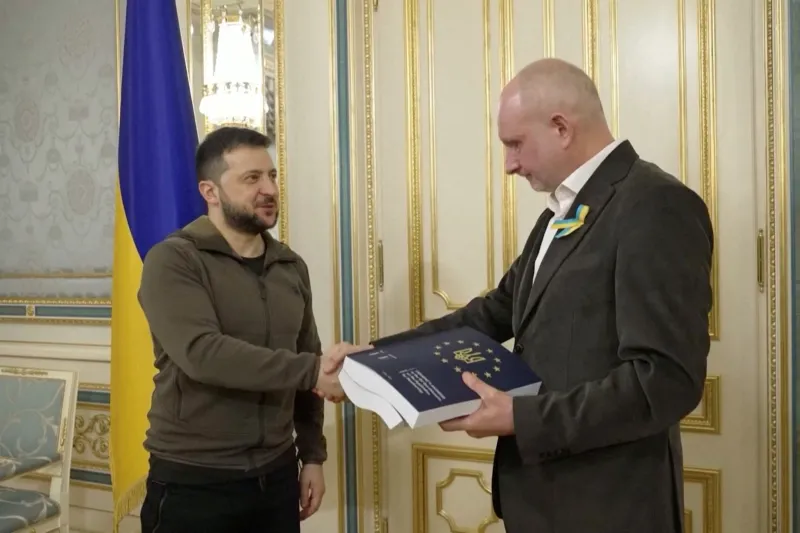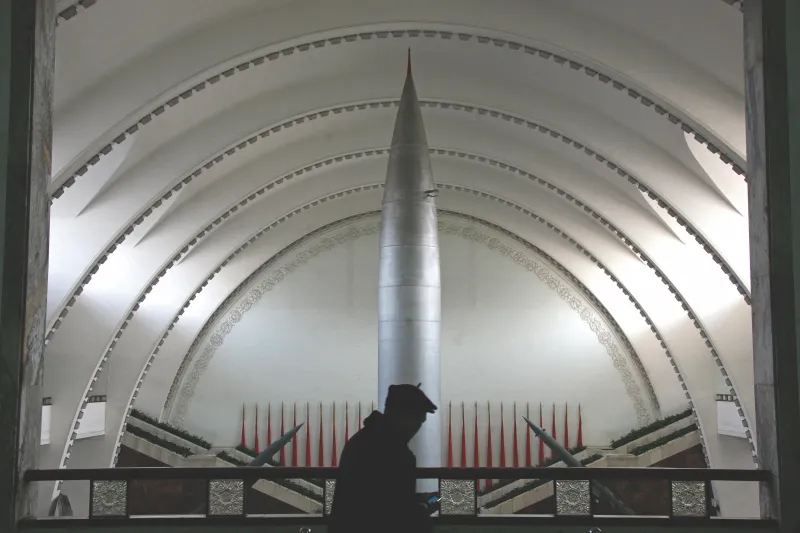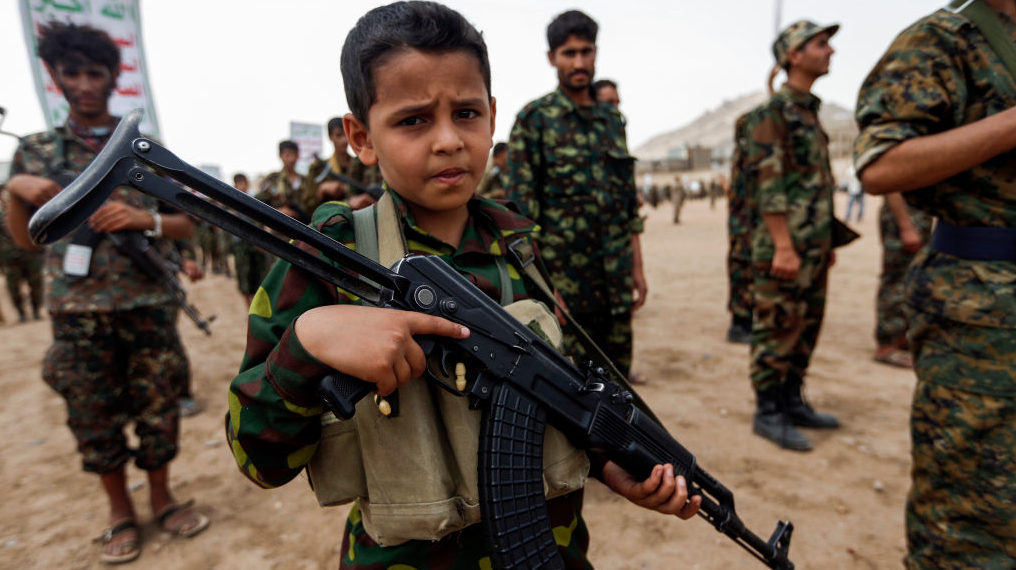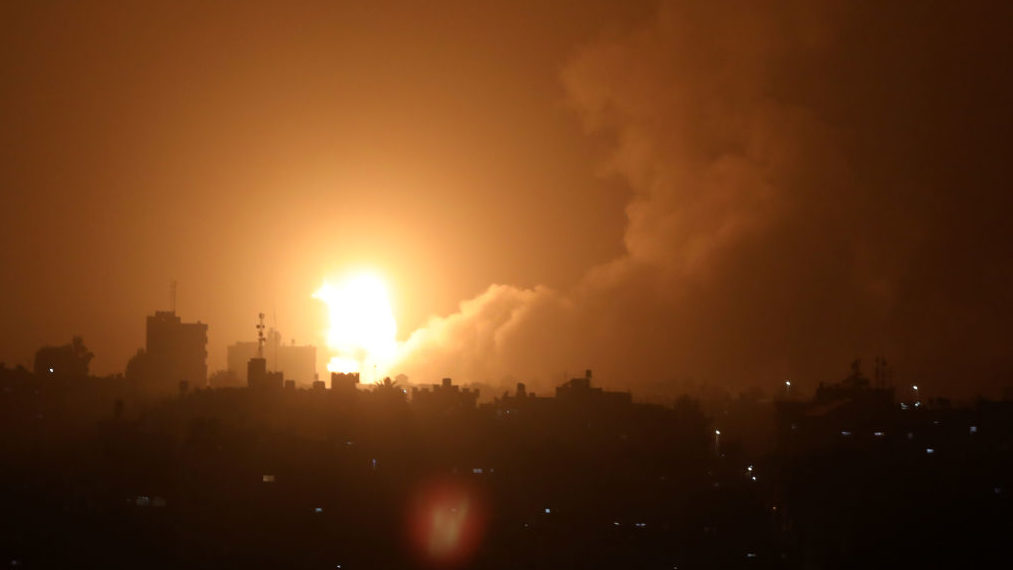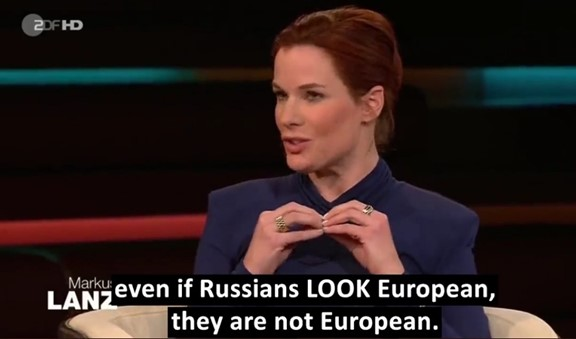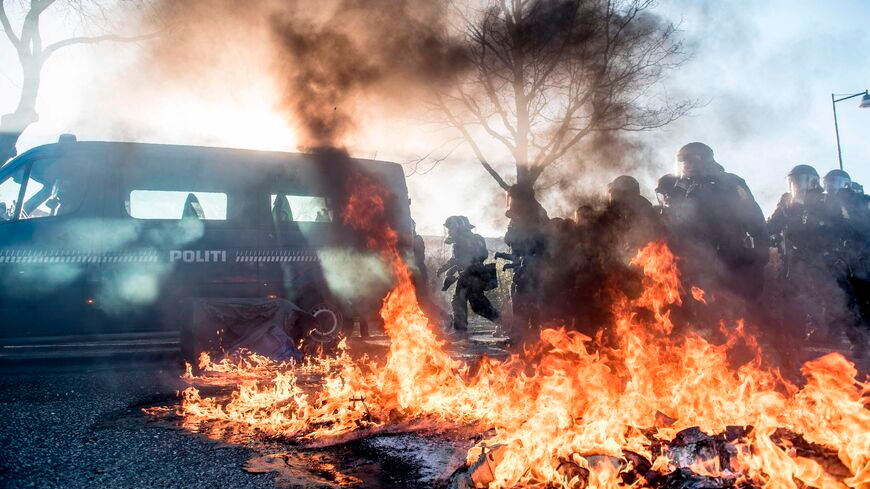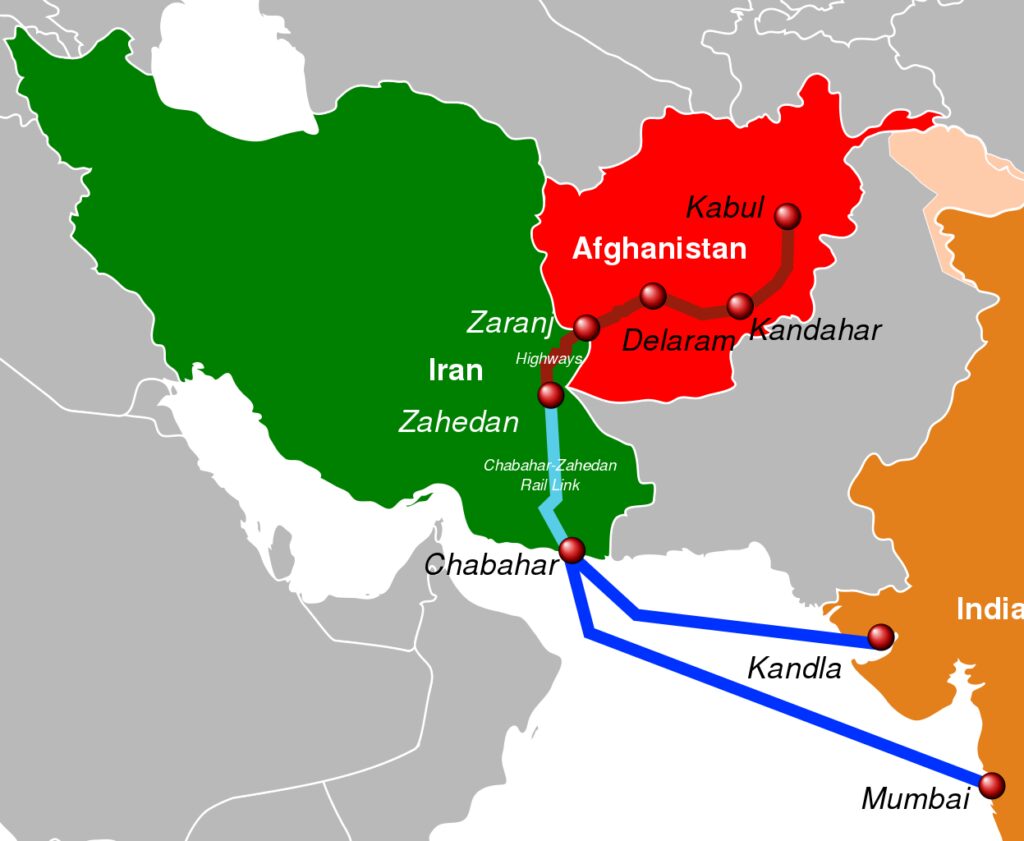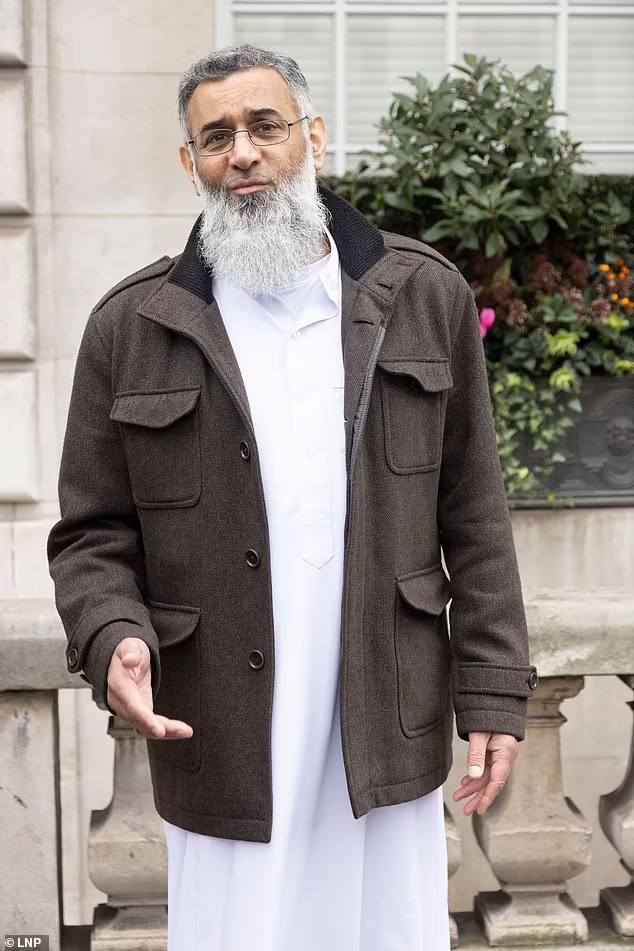Mali : Bamako reçoit de nouveaux hélicoptères et radars russes
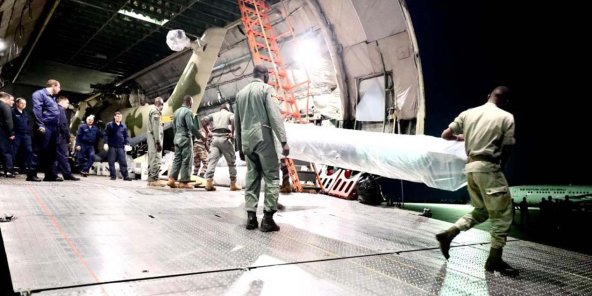
Les militaires au pouvoir à Bamako ont annoncé avoir reçu de nouveaux équipements russes, dont deux appareils de combat et des radars de surveillance.
Cité dans un communiqué de la Direction de l’information et des relations publique des armées (Dirpa), le général de division Oumar Diarra n’a pas manqué de se réjouir. « C’est la manifestation d’un partenariat très fructueux avec l’État russe », a déclaré le chef d’état-major général de l’armée malienne précisant qu’il s’agissait d’un « deuxième lot d’équipements militaires en provenance de la Russie ».

